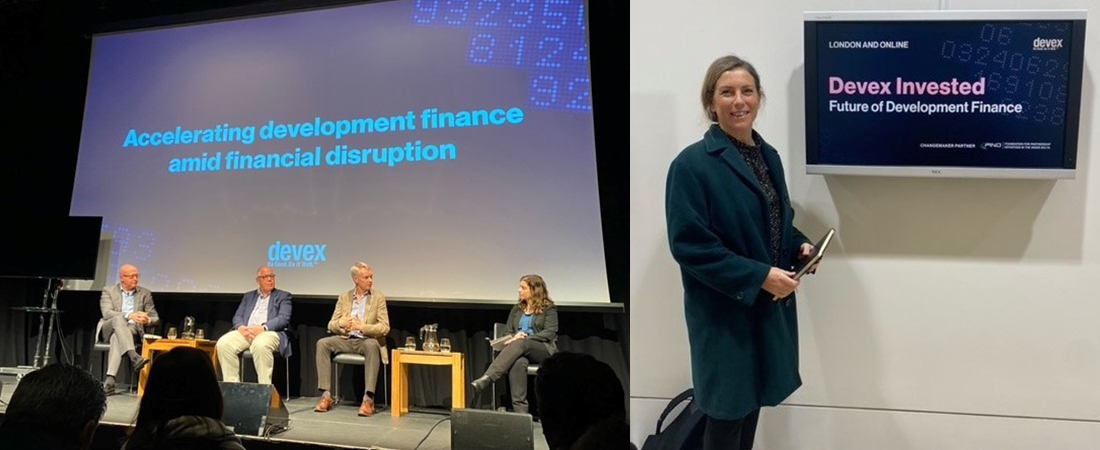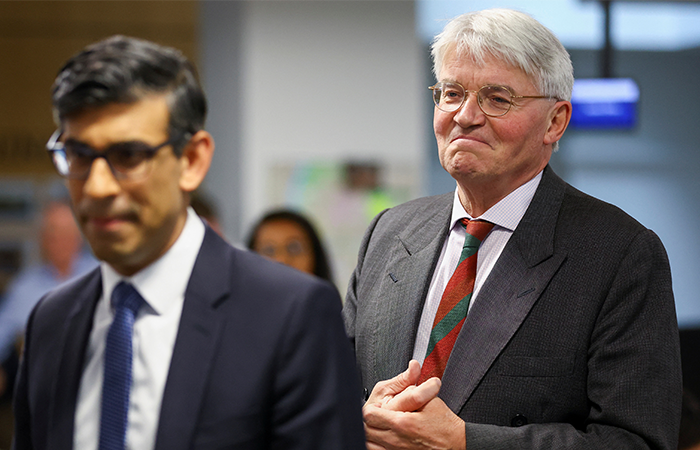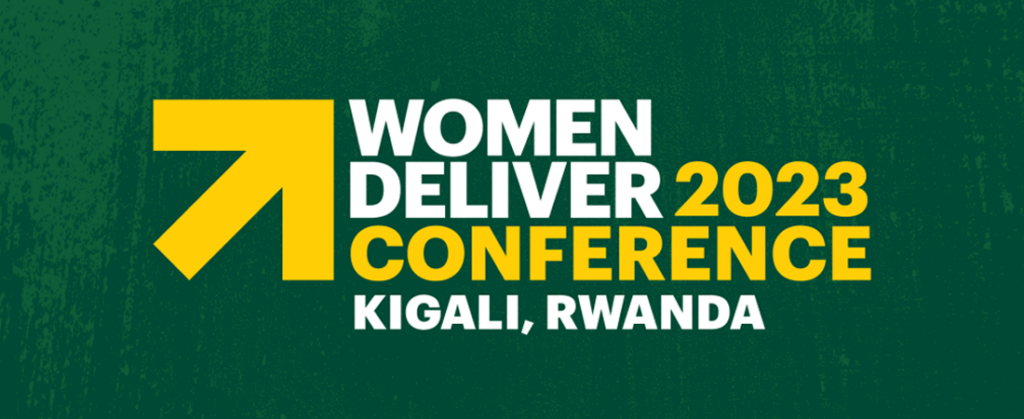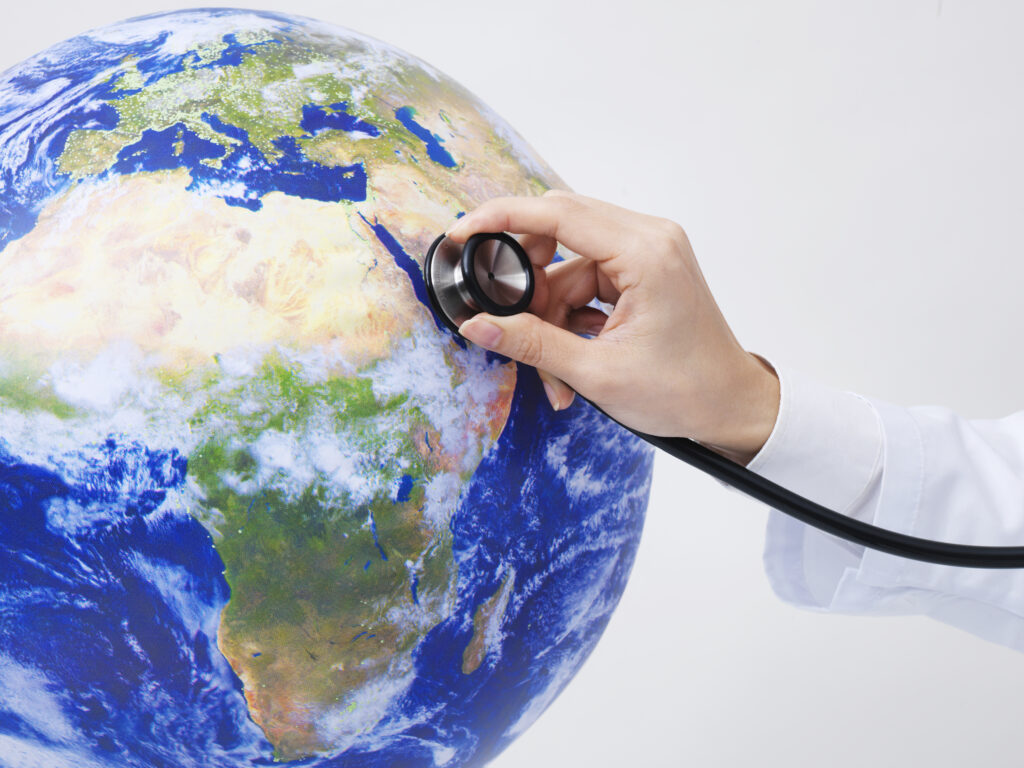With a new UK Prime Minister whose views on international development are little known, plus an impending fiscal event in which every budget is at risk of being cut, a conference on funding international development and global health this week was well-timed. The Devex ‘Future of Development Finance’ conference saw private sector, philanthropic and civil society actors come together to discuss how to get development done during a global economic recession.
Less money for aid
With coffee cups still warm, Lord Mark Malloch Brown from the Open Society Foundation – a major philanthropic foundation – began the event by explaining that, though we face the threat of reduced budgets, we have to win the argument that global health and other inequality issues are problems for us all. The UK may be on an island, but we are not an island. It felt, sadly, that this argument has failed in recent times, especially when considering the UK pledged exactly zero at the Global Fund to Fight Aids, TB and Malaria replenishment conference last month.
He said that while organisations like his were able to grant money to projects, they “cannot match public donors, they are not a substitute. We can be innovators, but our funding is a drop in the ocean”.
Turning his focus to the UK aid budget, though he quipped “there’s not really a Foreign Office as far as I can tell”, he did insist there was still a genuine need for advocacy efforts across European cities to fight for what public funding remains. “We need to engage with governments, and be pragmatic,” he said.
Preparing for the next pandemic
A session on ‘Funding inclusive and equitable pandemic preparedness’ included insightful contributions from those working on the frontline of global health during Covid-19.
Dr. Fifa Rahman, who’s CSO representative to WHO’s ACT Accelerator, said the COVID-19 pandemic failed to strengthen health systems by sustaining investment in community health workers. She described a lack of uptake of medical tools and treatments by communities. She said self-testing became a major sticking point: with the West obsessed with PCR tests, where that technology wasn’t available – for example, in many low and middle income countries (LMICs) – there was more leaning in to self-testing. However, the guidance on self-testing was not prioritised so those countries were waiting for guidance, all the while not testing and allowing the virus to spread. She said it was organisations like Global Fund and the Bill and Melinda Gates Foundation who pushed for that guidance to be published quicker.
She acknowledged the WHO is massively underfunded, but called the west’s push for pandemic preparedness ‘a bankers’ agenda’ because it focuses on surveillance, to better prepare them to deal with an economic shock i.e. when another pandemic hits. Meanwhile, she said, the global south were not prioritising surveillance.
The ‘FIF’ – friend or foe?
Dr. Peter Baker, Assistant Director of the Center for Global Development, weaved in the role of the FIF. FIF stands for Financial Intermediary Fund, which is a World Bank housed fund that will build stronger health systems and mobilise additional resources for pandemic preparedness and response.
The FIF appeared controversial both to the panel and the participants, with criticisms ranging from a lack of honed priorities through to the unlikelihood of shrinking economies and aid budgets being able to pay into it. Of the $10.5bn requested, only $1.4bn has been paid. Further, Dr Baker said it was not clear if that existing money was ‘additional’ to aid budgets. Additionality was a major tenet of the FIF when it was set-up, but he questioned whether this may have been quietly dropped. If so, it would place further strain on an already over-stretched aid budget, and the benefits would be keenly felt in the global north rather than focusing on LMICs – who arguably need the financial support more.
Private money accelerating more affordable healthcare
Later in a talk entitled ‘Accelerating development finance amid financial disruption’, we heard some concrete examples of using private finance and specifically guarantees to accelerate new medical treatments. Michael Anderson, the CEO of MedAccess, described how his company felt COVID-19 exposed lack of access in the global south as a pervading and persistent problem. They identified an interesting issue here : first, many people cannot afford medicines or access them even if they have money. Concurrently the medical companies producing them don’t always want to take the risks associated with accessing new markets. That’s why MedAccess provides guarantees – to help de-risk the market, and improve access and scale.
Anderson said they have dozens of deals covering 12 countries with price reductions and accelerated production in products like insecticide-treated bed nets, HIV tests and malaria vaccine development. One example is a point-of-care rapid diagnostic test for HIV and syphilis in under 20 minutes from a single finger-prick sample, all for less than $1 per test.
Philanthropy still an important piece of the funding puzzle
Having explored a range of ways to fund development, from funds set up with public money to private finance, the final piece of the puzzle was philanthropy. Caroline Diennes of Giving Evidence, which advises on philanthropic giving, described philanthropy as a ‘tug boat’ which can set the path and direction for effective development products and programmes, but the big money aka ‘the tanker’ will come from public money and private finance. In her view, philanthropy’s role is to invest in a project to see if it can work, rigorously evaluate it, then offer it up as a scalable solution (presuming it does work). Spanning corporate donors too, she explained that foundations attached to companies should spend their money cleverly, rather than in ‘doing’ delivery.
Takeaways
Speaking to participants from the global health sector throughout the day, it was clear folks agree that conventional ways of funding global health and development are under threat calling for new forms of funding must be explored. And this, alongside a concerted effort from the major pharmaceutical companies to move into the health equity space – including making vaccines more readily available and affordable – provides some light at the end of the tunnel for global health practitioners, right when the gloomy economic outlook means we need it most.





